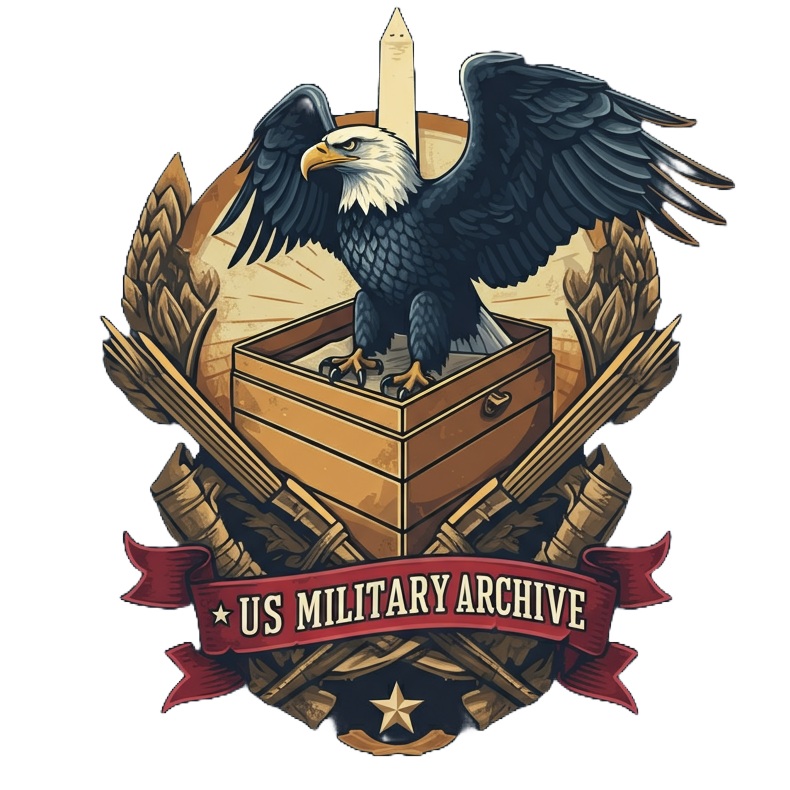Archive Text
The National Guard in the Era of Emerging Technologies and Hybrid Warfare: Adapting to a Changing Battlefield
Specific Subject: Constraint-Derived Subject: The National Guard in the Era of Emerging Technologies and Hybrid Warfare
Foundational Contexts: Information Warfare, Multi-domain Operations
Introduction:
The National Guard, a vital component of the U.S. military, faces a transformative period. The rise of emerging technologies and hybrid warfare presents both significant challenges and crucial opportunities. This article explores the National Guard's evolving role in this complex landscape, focusing on the specific training required to operate new technologies and adapt to modern conflict. It examines the Guard's historical context, current challenges, and ongoing transformation to meet 21st-century warfare demands.
The Changing Character of Warfare:
Traditional warfare paradigms are increasingly challenged by hybrid threats, blending conventional military capabilities with irregular tactics, cyber warfare, information operations, and economic coercion. State and non-state actors utilize these methods to achieve strategic objectives below the threshold of traditional armed conflict. This demands a military force that is adaptable, technologically advanced, and capable of operating across multiple domains – land, sea, air, space, and cyberspace.
The National Guard's Evolving Role:
With its dual state and federal mission, the National Guard is uniquely positioned to respond to hybrid threats. Its community presence enables rapid domestic emergency response, while its federal mission supports national security objectives abroad. Balancing these roles presents challenges in readiness, training, and equipment modernization. The Guard must maintain a high level of preparedness for complex overseas deployments while fulfilling domestic responsibilities.
Specific Training Requirements:
- Cyber Warfare Training: Networked systems and digital technologies make cyber warfare crucial in hybrid conflicts. National Guard personnel require training in cyber defense, network security, and incident response to protect critical infrastructure and maintain operational effectiveness in contested cyber environments. This includes understanding attack vectors, defensive protocols, and the legal and ethical considerations of cyber operations.
- Information Operations Training: Information manipulation is a key hybrid warfare tactic. National Guard members need training to identify and counter disinformation campaigns, understand narrative impacts on public opinion, and communicate effectively in complex information environments. This involves media literacy, critical thinking skills, and understanding the social and psychological dimensions of information warfare.
- Multi-domain Operations Training: Modern conflicts demand seamless integration across land, sea, air, space, and cyberspace. National Guard units must train to operate effectively in a multi-domain environment, coordinating actions across services and leveraging technologies like unmanned aerial systems, artificial intelligence, and advanced communication systems. This requires interoperability training with other branches and developing expertise in integrating diverse capabilities.
Comparative Analysis with Contemporary Forces:
Compared to active-duty forces, the National Guard often faces challenges accessing the latest technologies and training. Budget constraints and part-time service can create disparities in equipment and expertise. However, the Guard's strengths—community ties and diverse skill sets—can enhance its hybrid warfare capabilities. Guard members with civilian expertise in cybersecurity, IT, and public affairs can contribute valuable skills to information operations and cyber defense.
Conclusion:
The National Guard is transforming to adapt to the era of emerging technologies and hybrid warfare. Investing in training, modernizing equipment, and fostering closer integration with active-duty forces are crucial for its continued relevance and effectiveness. By embracing its strengths and addressing its challenges, the National Guard can maintain its vital role in defending the nation against evolving threats.
Connections to Foundational Contexts:
- Information Warfare: The National Guard's role in countering disinformation and maintaining a secure information environment directly addresses information warfare challenges.
- Multi-domain Operations: The Guard's training and operations must increasingly incorporate a multi-domain approach, reflecting modern warfare's interconnected nature.
Files
There are no files available.

